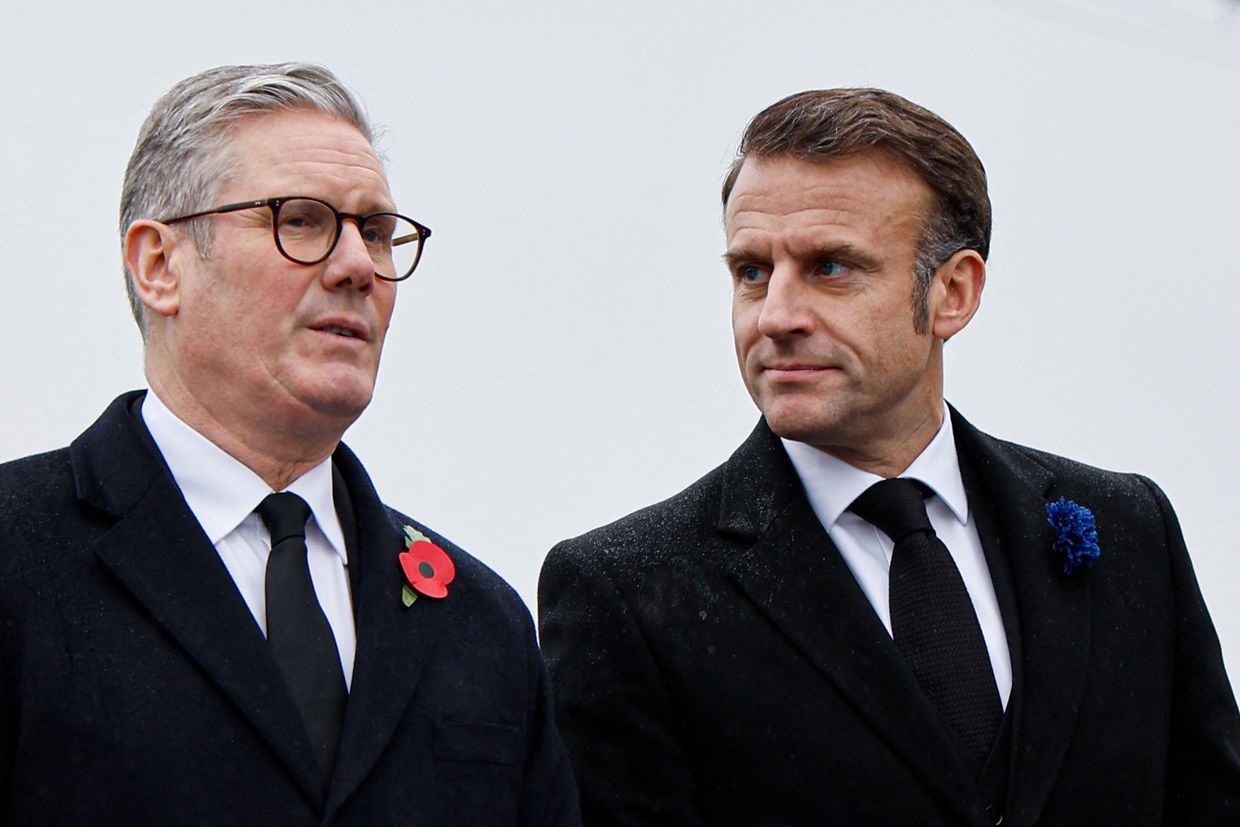Rubio to discuss Ukraine, NATO in Brussels this week

U.S. Secretary of State Marco Rubio will travel to Brussels between April 2 and 4 to discuss a path toward peace in Ukraine and NATO's priorities, the State Department announced on March 31.
"In Brussels, Secretary Rubio will attend the NATO Foreign Ministers Meeting to discuss security priorities for the Alliance, including increased Allied defense investment and securing lasting peace in Ukraine," State Department spokesperson Tammy Bruce said in a statement.
Rubio's visit comes during an unprecedented time for the alliance, as U.S. President Donald Trump has publicly questioned the collective defense principle and threatened to annex Greenland from a fellow NATO member, Denmark.
The Trump administration has also brought a major shift to Washington's policy on Ukraine. Pledging to broker a swift peace deal, the U.S. has strong-armed Kyiv by temporarily cutting off military aid while exerting little pressure on Moscow, save for threatening tariffs on Russian oil.
Trump has not approved any new military aid packages for Ukraine, only permitting the continued flow of materiel approved under his predecessor, former President Joe Biden.
Washington also made it clear it expects European countries to take responsibility for their own security and Ukraine, urging them to increase their defense spending targets to 5% of GDP.
"Secretary Rubio will also discuss the shared threat of China to the Euro-Atlantic and Indo-Pacific Alliances at a NATO session with representatives of the Indo-Pacific Partners," Bruce said.
"Lastly, the Secretary will discuss plans for The Hague Summit this summer."












